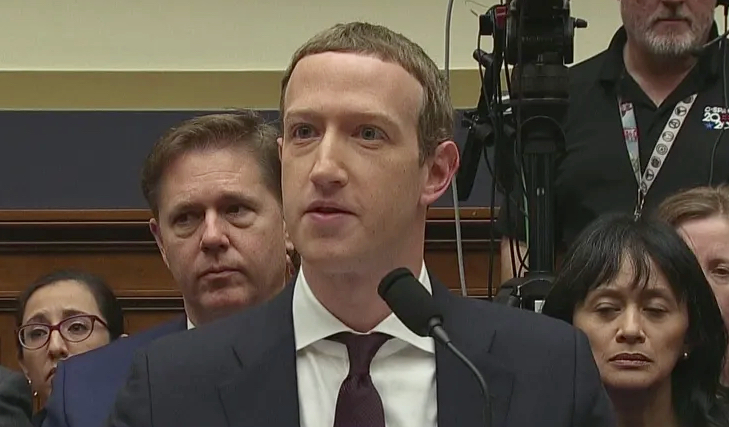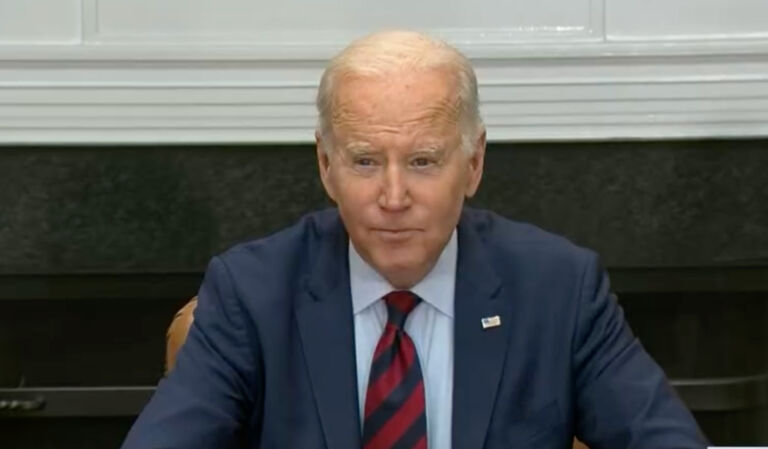Tristan Justice writes for the Federalist about one potential outcome of the recent Colonial Pipeline fiasco and a New Mexico oil problem.
Long lines, high prices, and empty gas stations up and down the eastern seaboard provoked flashbacks to the last time an administration embraced green energy as a replacement, rather than a supplement, when still dependent on foreign powers for its needs.
To be clear, there are significant differences between this week’s episode of disarray and the repeated crises of the 1970s Jimmy Carter administration. For one, the nation remains energy independent even as it braces to lose this status under President Joe Biden. The fuel shortages were also produced by a foreign attack in cyberspace as opposed to overseas rivals wielding supply leverage to extract international concessions. Loss of the first, however, will lead to the second.
Yet the Biden administration appears oblivious or indifferent to the consequences of its own agenda down the barrel. …
… Policies from the Biden administration promise to accelerate the pace at which operators flee, threatening to bankrupt [New Mexico] while the White House’s unrealistic embrace of alternative energy puts the U.S. on track for energy dependence as it forfeits a prime national security advantage in the name of climate change. Job skills in oil and gas are not easily transferrable and pay far more than those in solar and wind. Oil and gas are also much more reliable and less expensive energy sources. …
… Californians and Texans have already traumatically experienced the results of what happens when the wind doesn’t blow and the sun doesn’t shine in areas that rely on wind and solar. In California, blackouts became routine. In Texas, blackouts became catastrophic.
This week, the sudden pipeline closure reinforced the fundamental dynamic fossil fuels play in American daily life. Forfeiture of energy independence threatens to undermine the nation’s security, and in shutting down gas lines Biden engineers his own energy crisis.


